14 Famous Songs That Secretly Ripped Off Other Hits
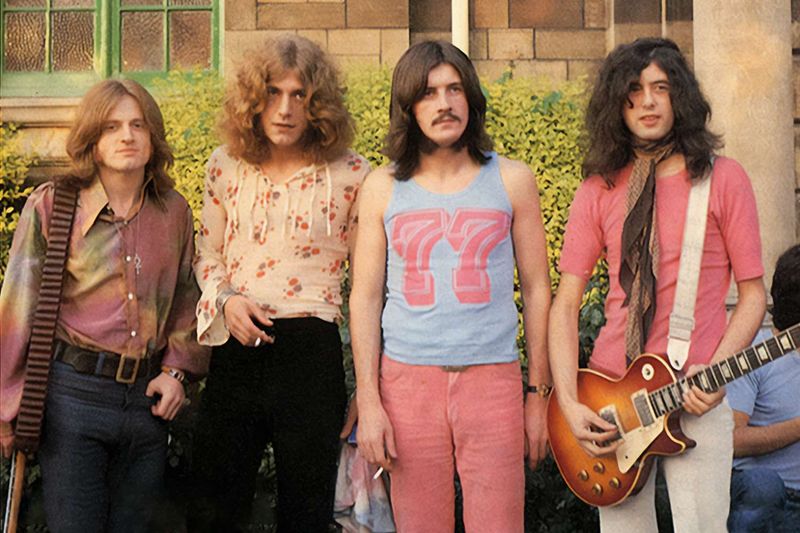
Nothing sparks drama in the music industry quite like a good plagiarism scandal. Whether it’s an intentional copy or a “subconscious” slip, artists have been caught more than once lifting riffs, melodies, or entire vibes from someone else’s work. Sometimes the cases end in courtroom battles, and other times they’re settled quietly behind closed doors.
1. “Blurred Lines” — Robin Thicke / Pharrell vs. “Got to Give It Up”
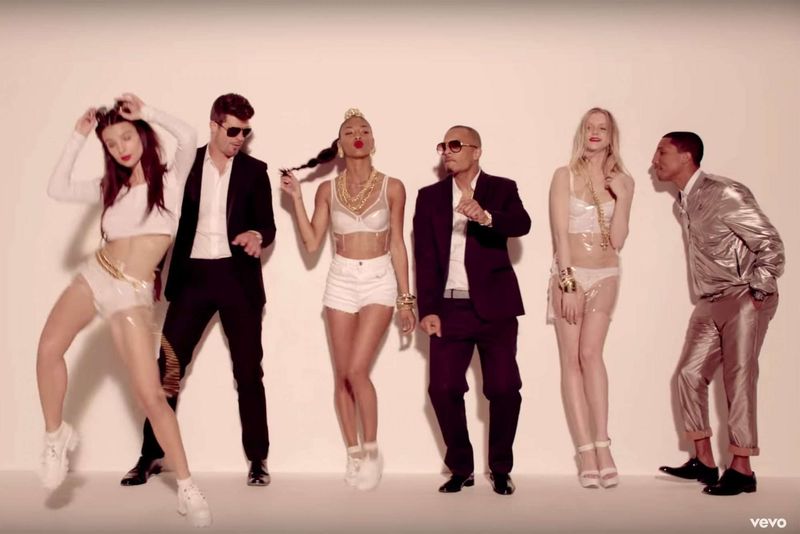
Few songs caused more controversy in the 2010s than “Blurred Lines.” On the surface, it was a catchy summer anthem, but it quickly became infamous for another reason—its uncanny resemblance to Marvin Gaye’s 1977 classic “Got to Give It Up.”
The Gaye estate sued, claiming the track borrowed too heavily from the groove, feel, and arrangement of Marvin’s hit. A jury agreed, slapping Pharrell and Thicke with a multi-million-dollar judgment.
It wasn’t just about the melody, but the overall vibe—a ruling that shook the music industry, leaving artists and producers nervous about what exactly counts as “inspiration.”
2. “Dark Horse” — Katy Perry vs. “Joyful Noise”
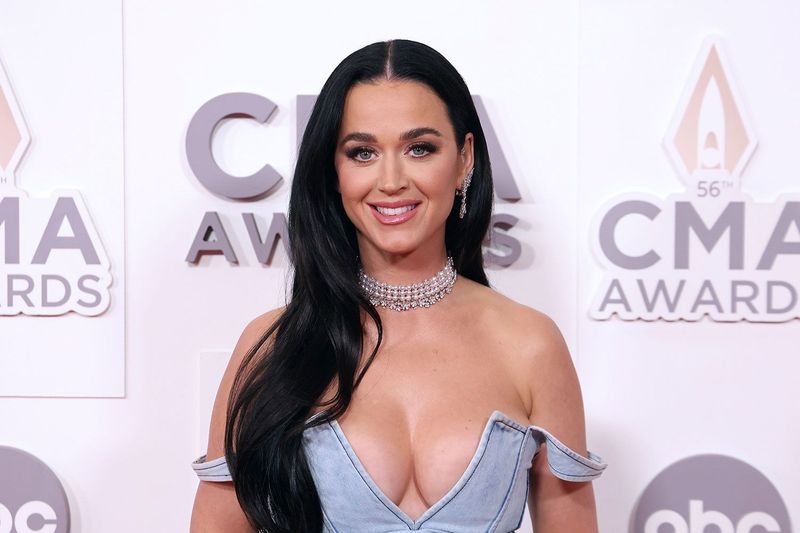
Katy Perry’s “Dark Horse” was everywhere in 2013, dominating radio and TikTok before TikTok even existed. But a Christian rap group led by artist Flame wasn’t celebrating—they claimed the beat sounded suspiciously similar to their 2008 track “Joyful Noise.”
A jury originally sided with Flame, awarding damages, but the ruling was later overturned on appeal. The reversal didn’t erase the case’s cultural impact, though. Suddenly, pop stars had to be careful not only about direct sampling but also about sonic similarities.
Even though Katy ultimately walked away without paying millions, the lawsuit reminded us that originality is closely guarded in the music world.
3. “Stairway to Heaven” — Led Zeppelin vs. “Taurus” by Spirit
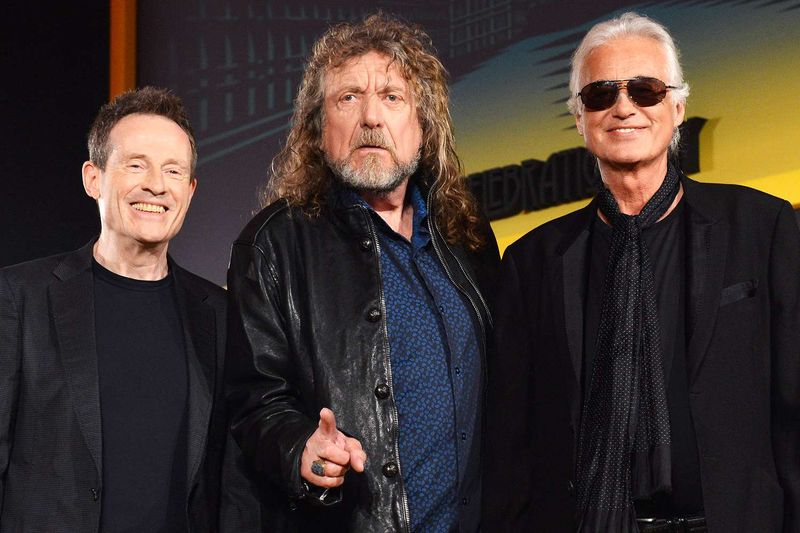
“Stairway to Heaven” is practically the national anthem of rock, but it wasn’t immune from accusations of plagiarism. The song’s famous opening guitar progression drew comparisons to “Taurus,” an instrumental track by the band Spirit, who actually toured with Zeppelin back in the day.
After years of legal battles, Zeppelin eventually prevailed, but not without a cloud of suspicion lingering. Many fans argued the two songs were just too close to ignore.
Whether you believe Jimmy Page and Robert Plant “borrowed” the idea or not, the case became one of the most famous examples of how easily rock legends can land in hot legal water.
4. “My Sweet Lord” — George Harrison vs. “He’s So Fine” by The Chiffons
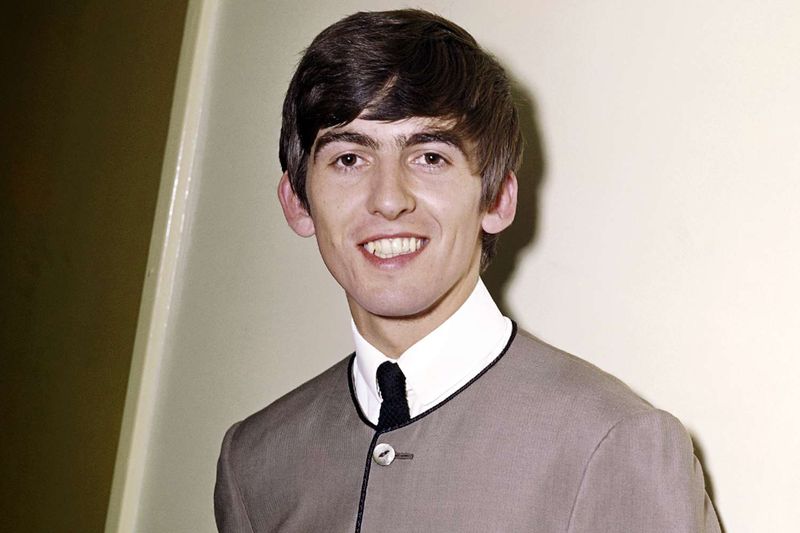
George Harrison’s first big solo hit, “My Sweet Lord,” wasn’t entirely his own—at least according to the courts. The melody bore a striking resemblance to “He’s So Fine,” a 1963 chart-topper by The Chiffons.
What made the case even more fascinating was the ruling: the court said Harrison copied “subconsciously.” In other words, he didn’t mean to steal, but the similarity was undeniable. Harrison admitted he loved the earlier track and may have been influenced without realizing it.
This case set the standard for how the music industry defines unintentional plagiarism, proving even a Beatle isn’t safe from accusations.
5. “Bitter Sweet Symphony” — The Verve vs. The Rolling Stones’ “The Last Time” (Jagger / Richards)
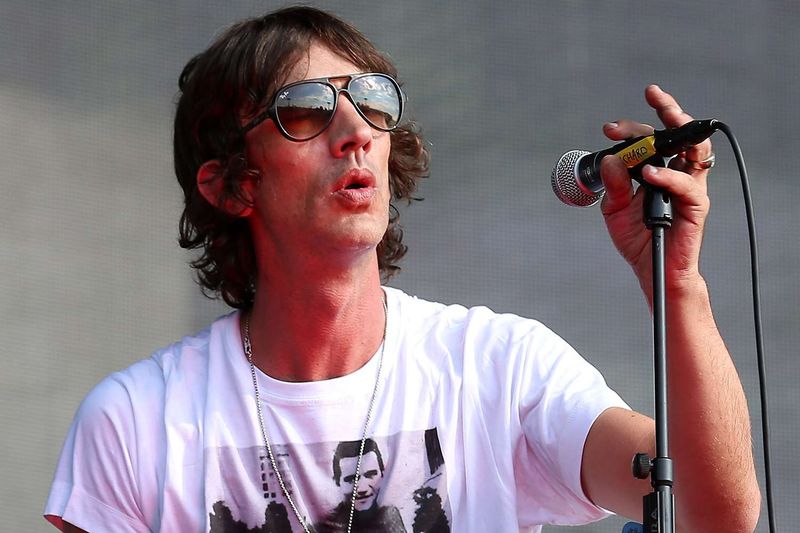
When “Bitter Sweet Symphony” hit the airwaves in 1997, it was hailed as one of the most iconic songs of the decade.
But instead of enjoying their moment, The Verve found themselves in a nightmare. The track’s orchestral riff was based on a Rolling Stones sample, and the Stones’ team argued The Verve had gone beyond their license.
The fallout was brutal. The Verve lost all royalties, and Mick Jagger and Keith Richards were listed as writers. Only decades later did the Stones’ camp return the rights to The Verve as a kind of peace offering. For years, though, the band had to watch their biggest hit benefit someone else’s bank account.
6. “Come Together” — The Beatles vs. Chuck Berry’s “You Can’t Catch Me”
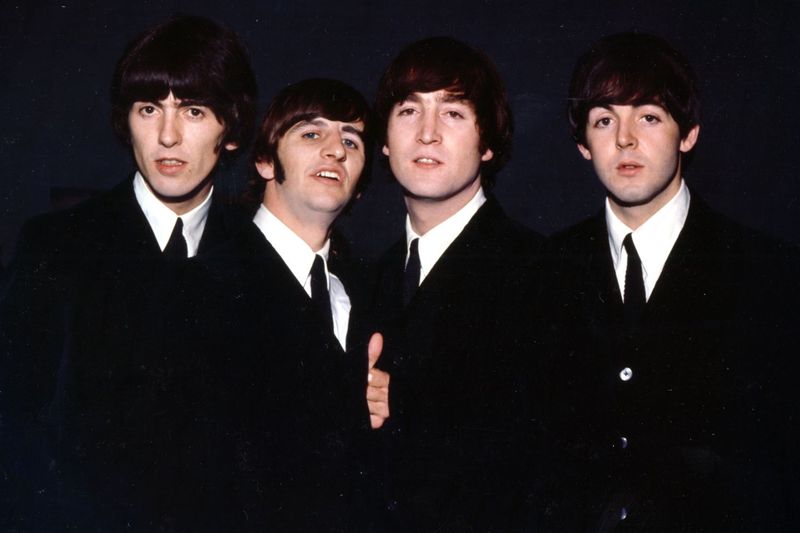
John Lennon once said “Come Together” was inspired by Chuck Berry, but inspiration crossed the line into imitation. Berry’s song “You Can’t Catch Me” not only had a similar melody but also shared lyric overlaps, including the phrase “Here come old flat-top.”
Berry’s publisher took Lennon to court, and the case ended with a settlement. Part of the agreement required Lennon to record songs owned by Berry’s publisher, which is how covers like “Ya Ya” ended up on Lennon’s album.
It’s a reminder that even the biggest band in history couldn’t escape plagiarism claims—especially when the similarities were hiding in plain sight.
7. “Creep” — Radiohead vs. The Hollies’ “The Air That I Breathe”
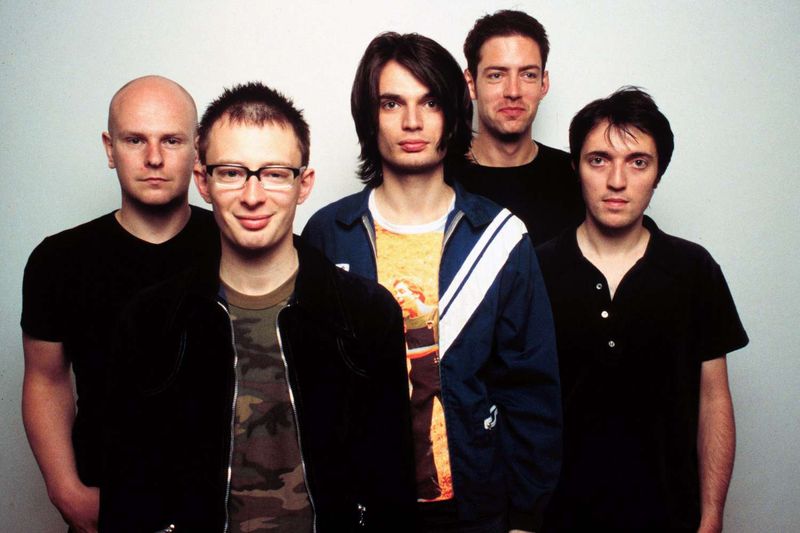
When Radiohead released “Creep” in the early ’90s, it was the moody anthem of every outsider. But sharp-eared listeners noticed it sounded a lot like The Hollies’ 1972 ballad “The Air That I Breathe.” The chord progression and melody were just too close for comfort.
Instead of dragging things through endless lawsuits, the solution was simple: the writers of “The Air That I Breathe” were added as co-writers of “Creep.”
While Radiohead still claim the song as their own, they also have to share credit (and royalties) with a track from two decades earlier. For a band known for its originality, this was a humbling start.
8. “Viva la Vida” — Coldplay vs. Yusuf Islam (Cat Stevens)
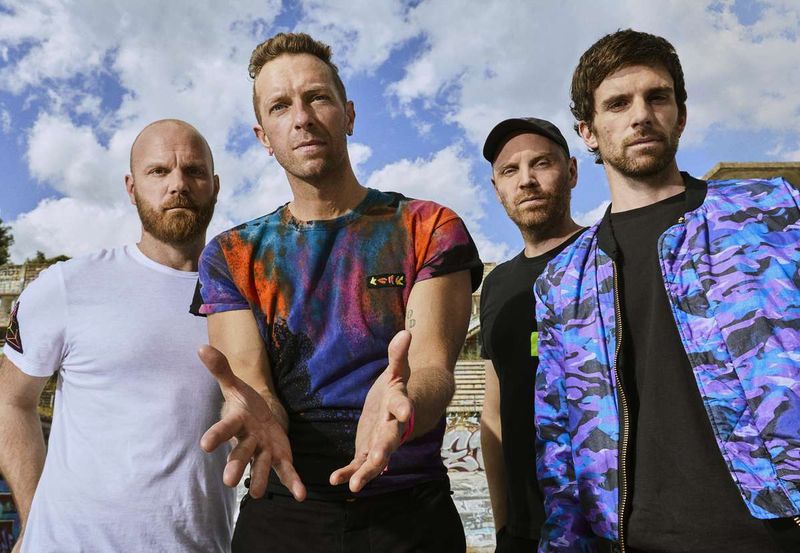
Coldplay’s “Viva La Vida” was a soaring anthem that topped charts worldwide, but not everyone was applauding. Yusuf Islam, formerly known as Cat Stevens, claimed the melody mirrored his 1973 track “Foreigner Suite.”
He wasn’t the only one—other artists also argued Coldplay had borrowed too freely from their earlier work. Although the case never escalated into a courtroom showdown, the allegations fueled endless debates about originality.
Coldplay denied wrongdoing, but fans couldn’t help but notice the melodic overlap. Whether it was coincidence or creative borrowing, the controversy added a layer of drama to what was otherwise one of the band’s most triumphant hits.
9. “Uptown Funk” — Mark Ronson / Bruno Mars vs. Collage’s “Young Girls”
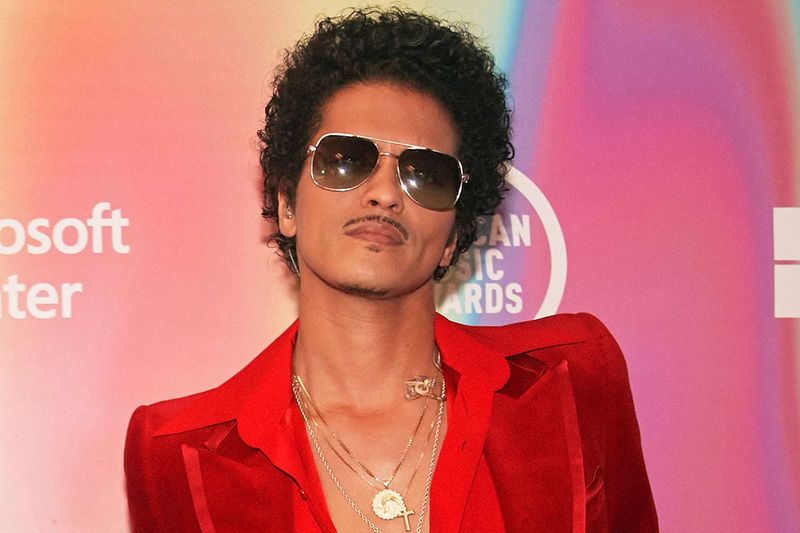
If you were alive in 2014, you couldn’t escape “Uptown Funk.” It was everywhere—weddings, commercials, car radios—but it also attracted lawsuits. The funk band Collage claimed the track borrowed heavily from their 1983 song “Young Girls.”
Though the case was settled, it wasn’t the only lawsuit “Uptown Funk” faced. Several other artists came forward with similar claims, arguing the mega-hit leaned too hard on ’80s funk influences.
While Bruno Mars and Mark Ronson insisted they were simply paying homage, the sheer number of accusations left fans wondering if the song was more copycat than tribute.
10. “Lambada (Chorando Se Foi)” — Kaoma vs. Los Kjarkas
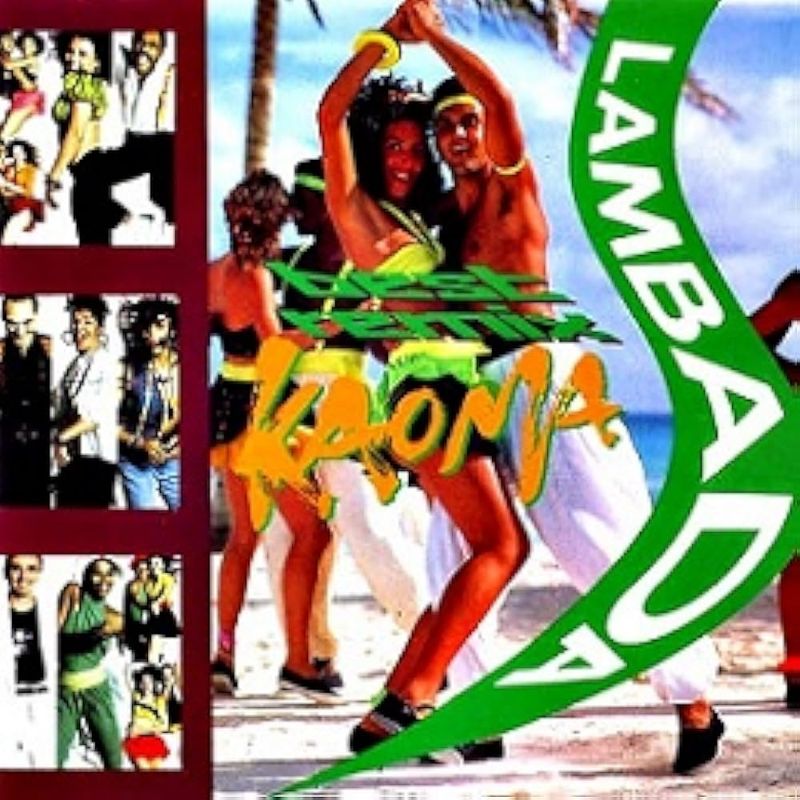
The dance craze sparked by Kaoma’s “Lambada” in 1989 had people twirling across the globe. But behind the catchy beat was a legal storm brewing. The Bolivian band Los Kjarkas accused Kaoma of lifting their song “Chorando Se Foi” almost note for note.
Courts agreed, and Kaoma was forced to credit Los Kjarkas as the rightful authors. The scandal revealed a darker side of the industry, where indigenous and regional music often got swiped without acknowledgment.
Today, “Lambada” is remembered as much for its plagiarism scandal as it is for its infectious rhythm.
11. “Collide” — Leona Lewis & Avicii dispute
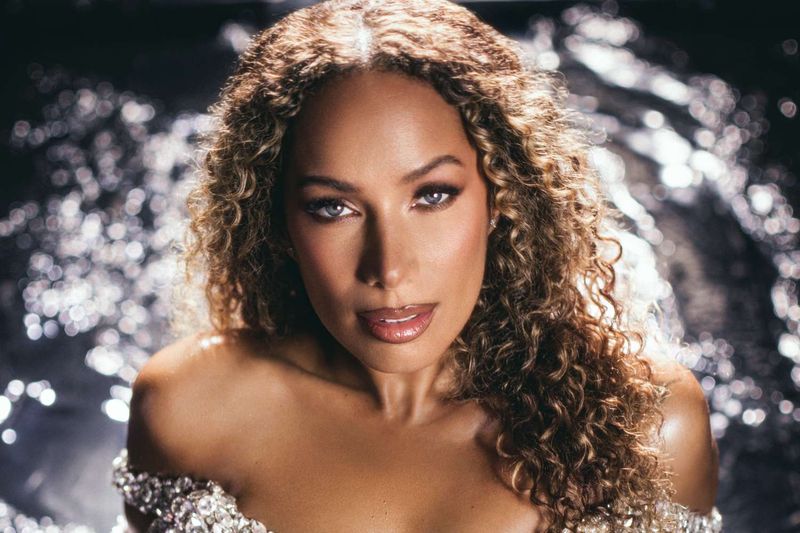
When Leona Lewis announced her 2011 single “Collide,” fans were excited for a fresh dance track. But DJ Avicii wasn’t thrilled. He claimed Lewis’s team used his instrumental “Penguin” without proper credit or permission.
What followed was a messy public dispute, with both camps slinging accusations. In the end, the issue was resolved by crediting Avicii as a featured artist on the song.
While the resolution seemed fair, the drama served as a reminder that in the age of digital music, producers and DJs are just as vulnerable to being copied as traditional bands.
12. “Waking Up” — Elastica vs. The Stranglers’ “No More Heroes”
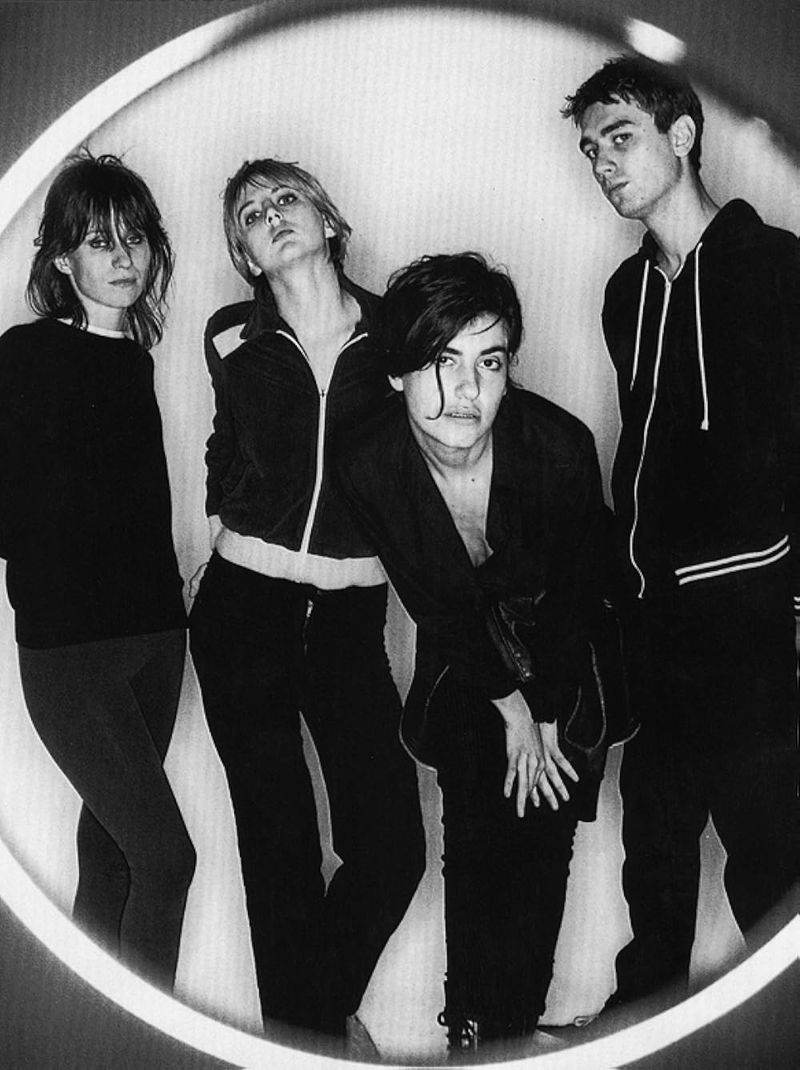
Britpop darlings Elastica had a short but memorable run in the ’90s. Their track “Waking Up” sounded edgy and new—until fans pointed out its riff was eerily similar to The Stranglers’ “No More Heroes.”
Instead of battling in court, the band settled by giving The Stranglers co-writing credit. The case was relatively low-drama compared to some others, but it cemented the idea that Elastica’s coolness came with a little borrowed edge.
For a scene obsessed with authenticity, the plagiarism whispers hurt their reputation almost as much as the legal outcome.
13. “Ghostbusters” theme — Ray Parker Jr. vs. Huey Lewis
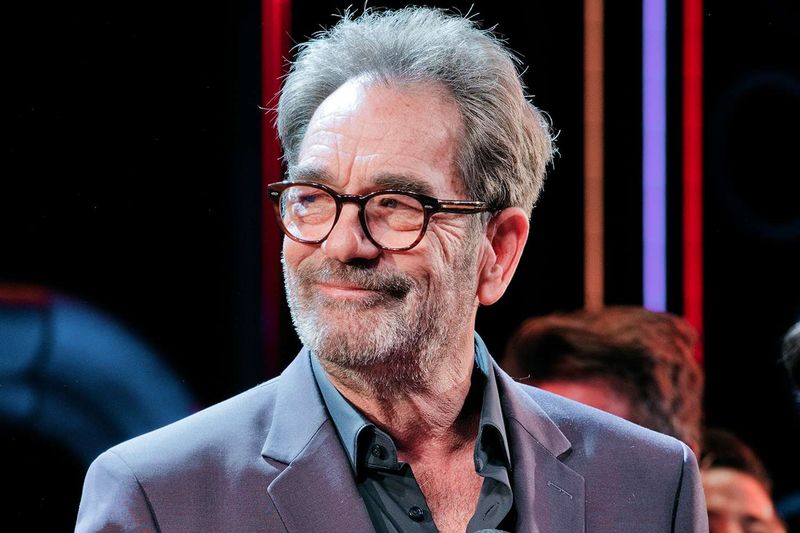
“Who you gonna call?” Apparently, a lawyer. The “Ghostbusters” theme may be iconic, but Huey Lewis thought it sounded way too much like his hit “I Want a New Drug.”
The case ended with a settlement, but it didn’t stop the gossip. In fact, the feud even spilled into VH1 specials years later, keeping the drama alive long after the legal dust settled.
While most fans don’t care and just want to shout “Ghostbusters!” at Halloween parties, the song is a textbook example of how even blockbuster movie themes aren’t safe from plagiarism claims.
14. “Ice Ice Baby” — Vanilla Ice vs. Queen & David Bowie (“Under Pressure”)
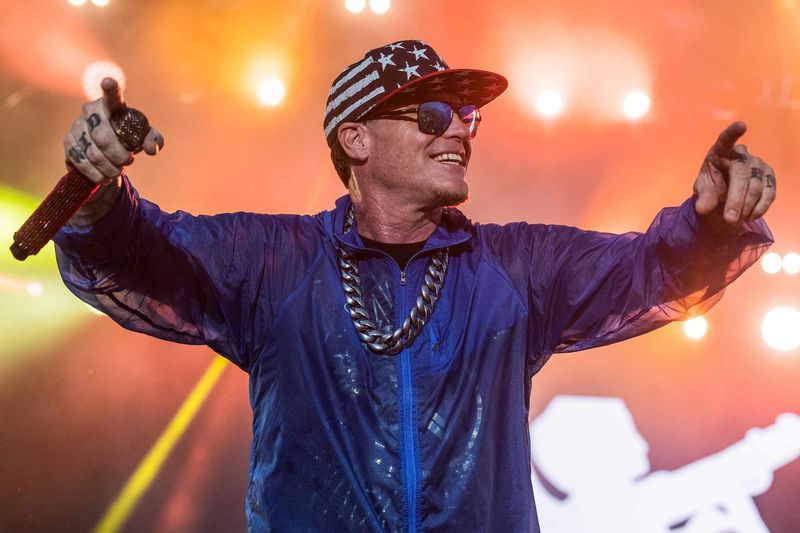
Vanilla Ice’s “Ice Ice Baby” was a cultural phenomenon, but everyone who heard it recognized the bassline. It was straight out of Queen and David Bowie’s classic “Under Pressure.”
At first, Vanilla Ice tried to argue the riff was different, even joking about the extra note he added. Unsurprisingly, that didn’t hold up, and the matter was settled privately. The controversy remains one of the most infamous cases of sampling gone wrong.
Today, “Ice Ice Baby” is remembered as much for its legal woes as its role in making hip-hop mainstream.

Comments
Loading…